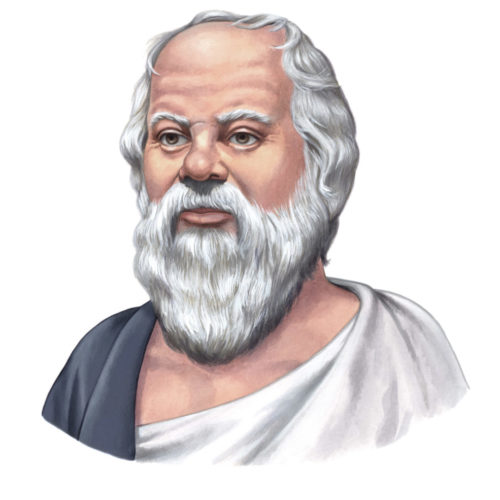Transhumanist Natasha Vita-More on Whole Body Prosthetic
Socrates / Podcasts
Posted on: September 4, 2013 / Last Modified: June 4, 2024
Podcast: Play in new window | Download | Embed
Subscribe: RSS

It has been almost two months since I’ve had the pleasure of visiting Dr. Natasha Vita-More at her family house in Scottsdale, Arizona.
Vita-More has been at the forefront for several decades and her projects such as Primo Post Human have lead the NY Times to call her “the first female philosopher of transhumanism.” Thus I was very happy to do my first in-person interview with Natasha and discuss her ideas about Whole Body Prosthetic and Substrate Autonomous, Networked Avatar Bodies by Design.
During our 36 min conversation with Dr. Vita-More we cover a variety of interesting topics such as her whole body prosthetic project; backing up the body as well as the mind; “back-casting” her vision and ultimate goals; the problem of identity in moving from one substrate to another; the timeline and scientific break-throughs in robotics, artificial intelligence and cognitive neuroscience necessary to make the whole body prosthetic a reality; consciousness and quantum mechanics; the reception of the Transhumanist Reader; dealing with skeptics and whether the world is ready for transhumanism and radical life-extension…
I owe very special thanks to Richard and Tatiana Sundvall for producing this video because without them it would not have happened. I am also obliged to videographer Carl Geers not only for doing a great job behind the camera but also for putting up with my mercilessly caustic sense of humor for three long days.
As always you can listen to or download the audio file above or scroll down and watch the video interview in full. To show your support you can write a review on iTunes, make a direct donation, or become a patron on Patreon.
Who is Natasha Vita-More?
Natasha Vita-More, Ph.D. is the founder and creative director of esDESiGN and the producer and host of H+TV online. Her research concerns the design aesthetics of human enhancement and radical life extension, with a focus on emerging and speculative sciences and technologies. Her conceptual future human design “Primo Posthuman” has been featured in Wired, Harper’s Bazaar, Marie Claire, The New York Times, U.S. News & World Report, Net Business, Teleopolis, and Village Voice. She has appeared in over twenty-four televised documentaries on the future and culture, and has exhibited media artworks at National Centre for Contemporary Arts, Brooks Memorial Museum, Institute of Contemporary Art, Women In Video, Telluride Film Festival, and United States Film Festival and recently “Evolution Haute Couture: Art and Science in the Post-Biological Age” and is the recipient of several awards: First Place Award at Brooks Memorial Museum, Special Recognition at Women in Video, and special recognition for “Futures Podcast Series”.
Dr. Vita-More is a proponent of human rights and ethical means for human enhancement and is published in Artifact, Technoetic Arts, Nanotechnology Perceptions, Sistemi Intelligenti, Metaverse Creativity, D’ARS, and the Global Spiral. She is co-editor of the forthcoming book The Transhumanist Reader: Classical and Contemporary Essays on the Science, Technology, and Philosophy of the Human Future (Wiley-Blackwell 2013). For more see Natasha.cc
Related articles
- Natasha Vita-More on Singularity 1 on 1: The Transhumanist Reader – The Story Behind The Book
- Transhumanism 101 with Natasha Vita-More
- Natasha Vita-More on Singularity 1 on 1









